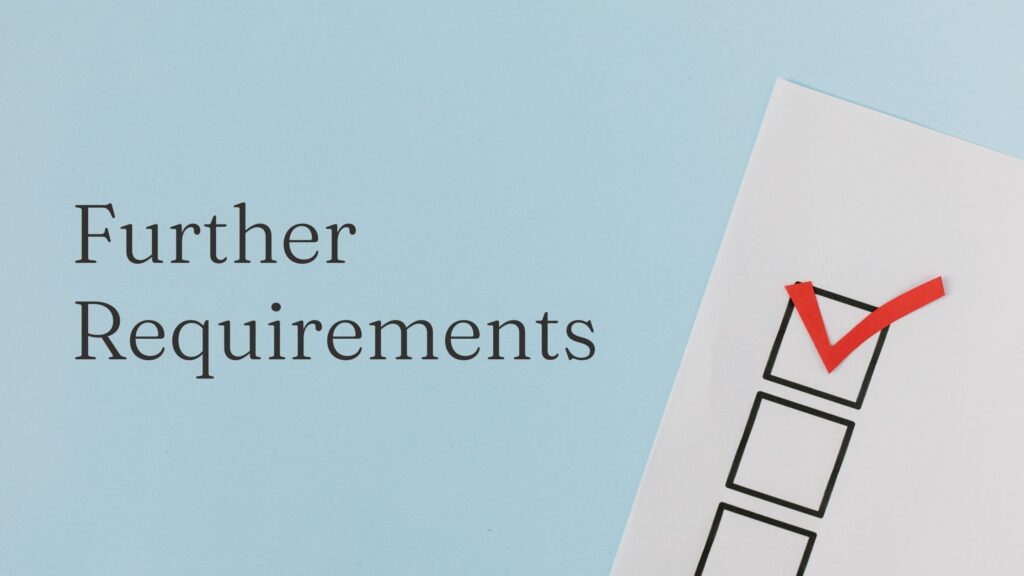Eligibility And Requirements For Bachelor’s Degree In Canada | Vati
Pursuing a bachelor’s degree in Canada is an excellent opportunity for students seeking quality education and diverse academic experiences. However, before embarking on this educational journey, it is crucial to understand the eligibility criteria and requirements for admission. In this article, we will explore the key aspects of eligibility and requirements for a bachelor’s degree in Canada. Additionally, we will discuss the role of career planning services and career development platforms in guiding students through the application process and maximizing their chances of success.
1. General Eligibility Criteria:

The general eligibility criteria for a bachelor’s degree in Canada may vary slightly between universities and programs. However, there are certain common requirements that applicants must fulfill:
- Educational Qualifications: Applicants must have completed their secondary education, equivalent to Canadian high school completion. This typically includes obtaining a high school diploma or certificate.
- Language Proficiency: Proficiency in the English language is a vital requirement for international students. Applicants are usually required to submit scores from recognized English language proficiency tests such as IELTS or TOEFL. Some universities may also accept other language proficiency tests, so it is important to check the specific requirements of the chosen institution.
- Academic Prerequisites: Many bachelor’s degree programs in Canada have specific academic prerequisites, such as completing certain courses or achieving specific grades in subjects relevant to the chosen field of study. It is important for applicants to review these prerequisites and ensure they meet the minimum requirements.
2. Additional Requirements:

In addition to the general eligibility criteria, some universities and programs may have additional requirements for admission. These requirements could include:
- Entrance Examinations: Certain programs or universities may require applicants to take standardized entrance examinations such as the SAT or ACT. These tests evaluate an applicant’s aptitude in specific areas and may be used as a factor in the admission decision.
- Personal Statement or Essay: Many universities require applicants to submit a personal statement or essay as part of their application. This allows applicants to showcase their experiences, goals, and motivations, providing insights into their suitability for the program.
- Letters of Recommendation: Some universities may require letters of recommendation from teachers, mentors, or professionals who can attest to the applicant’s academic abilities and character.
- Portfolio or Auditions: For programs in fine arts, music, or performing arts, applicants may be required to submit a portfolio of their work or participate in auditions to demonstrate their skills and talents.
Read More: Eligibility And Requirements For Bachelor’s Degree In Canada
Read More Articles:
Technology Skills: What They Are And How To Improve Them
Benefits of Effective Career Management
About Us:
You are introducing Vati, your ultimate career planning and assessment platform. Vati offers personalized tools and expert guidance to help you identify your strengths, explore career options, set achievable goals, and create a detailed action plan. Start your journey with Vati and take the first step towards a fulfilling career.


Comments
Post a Comment